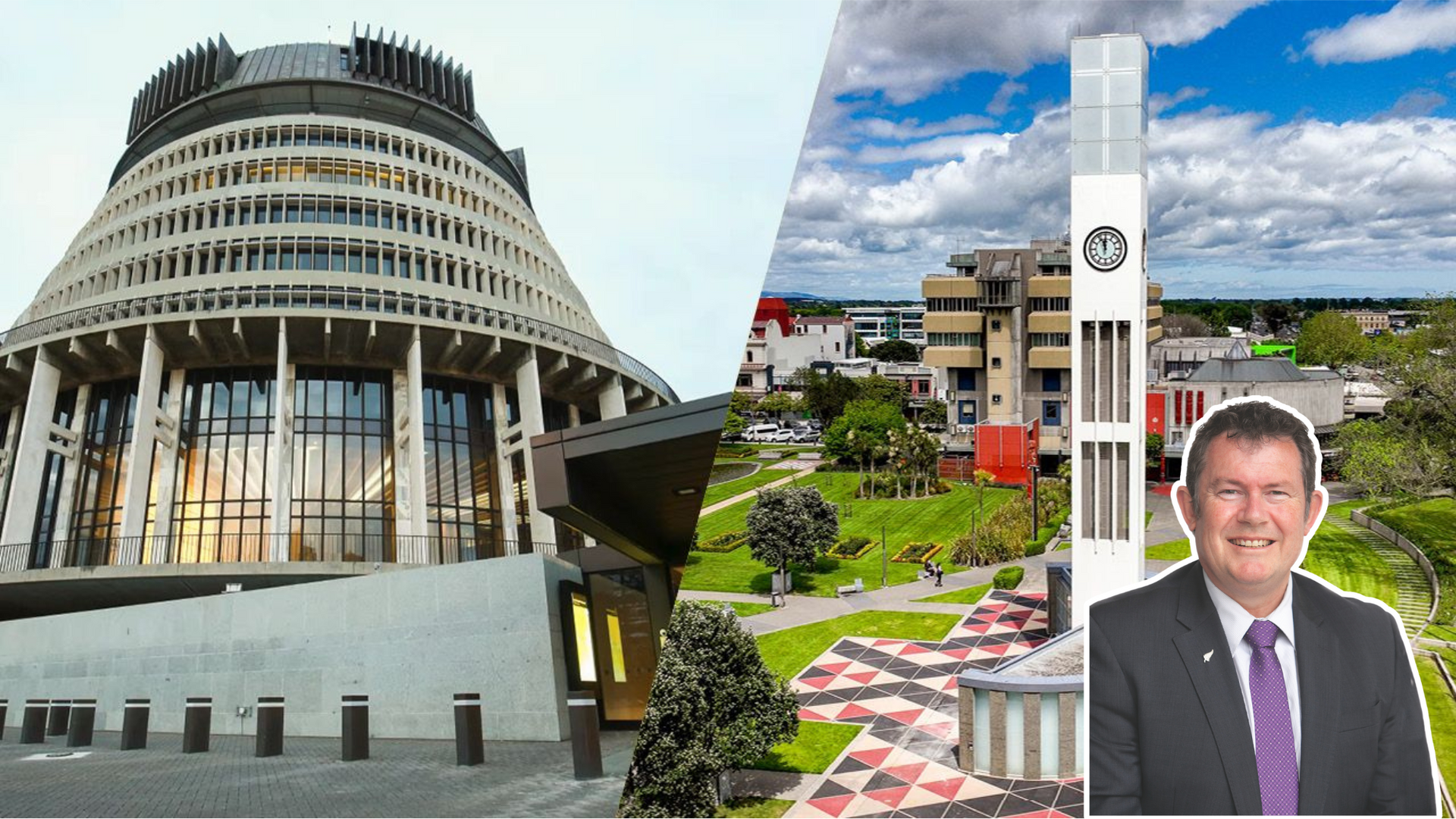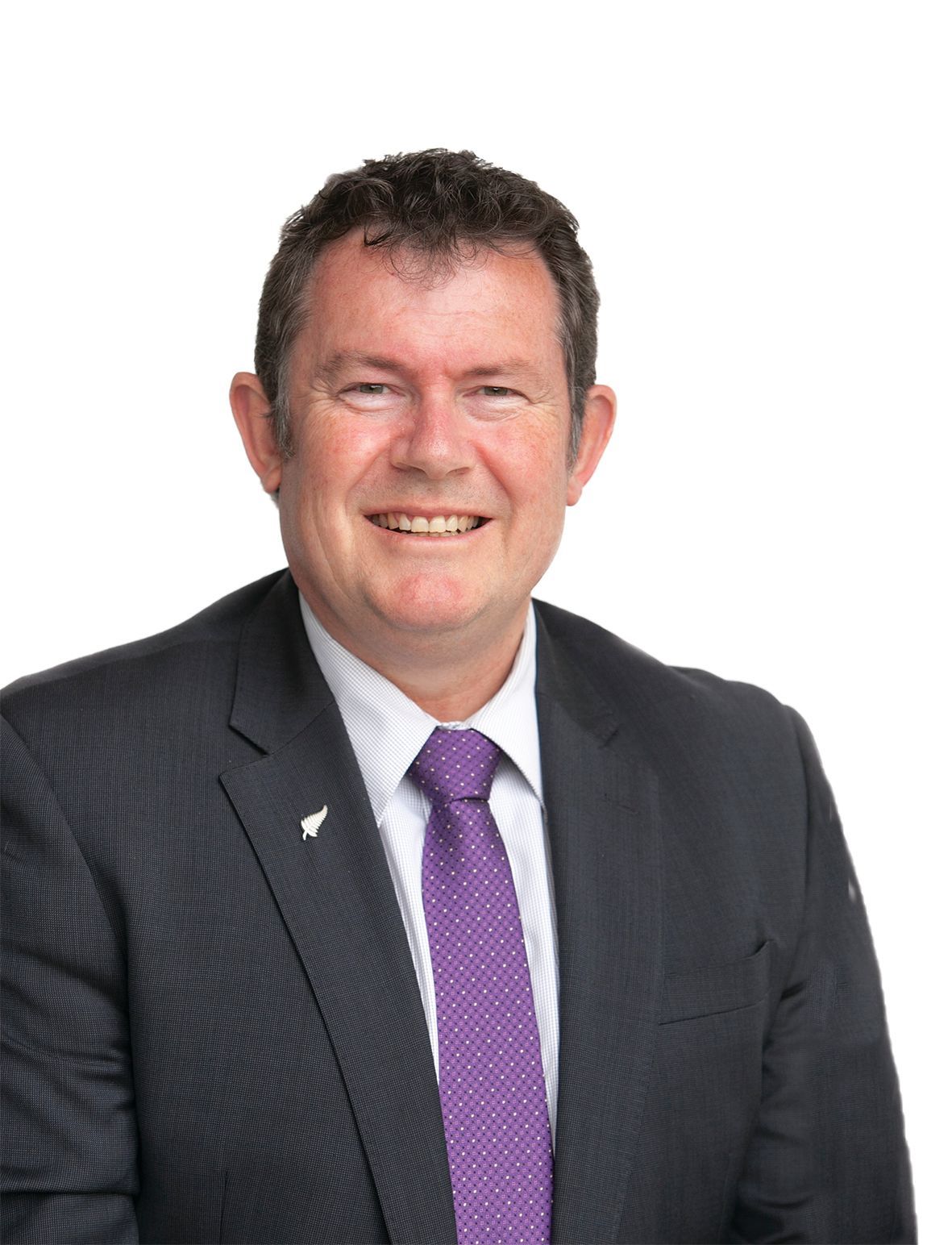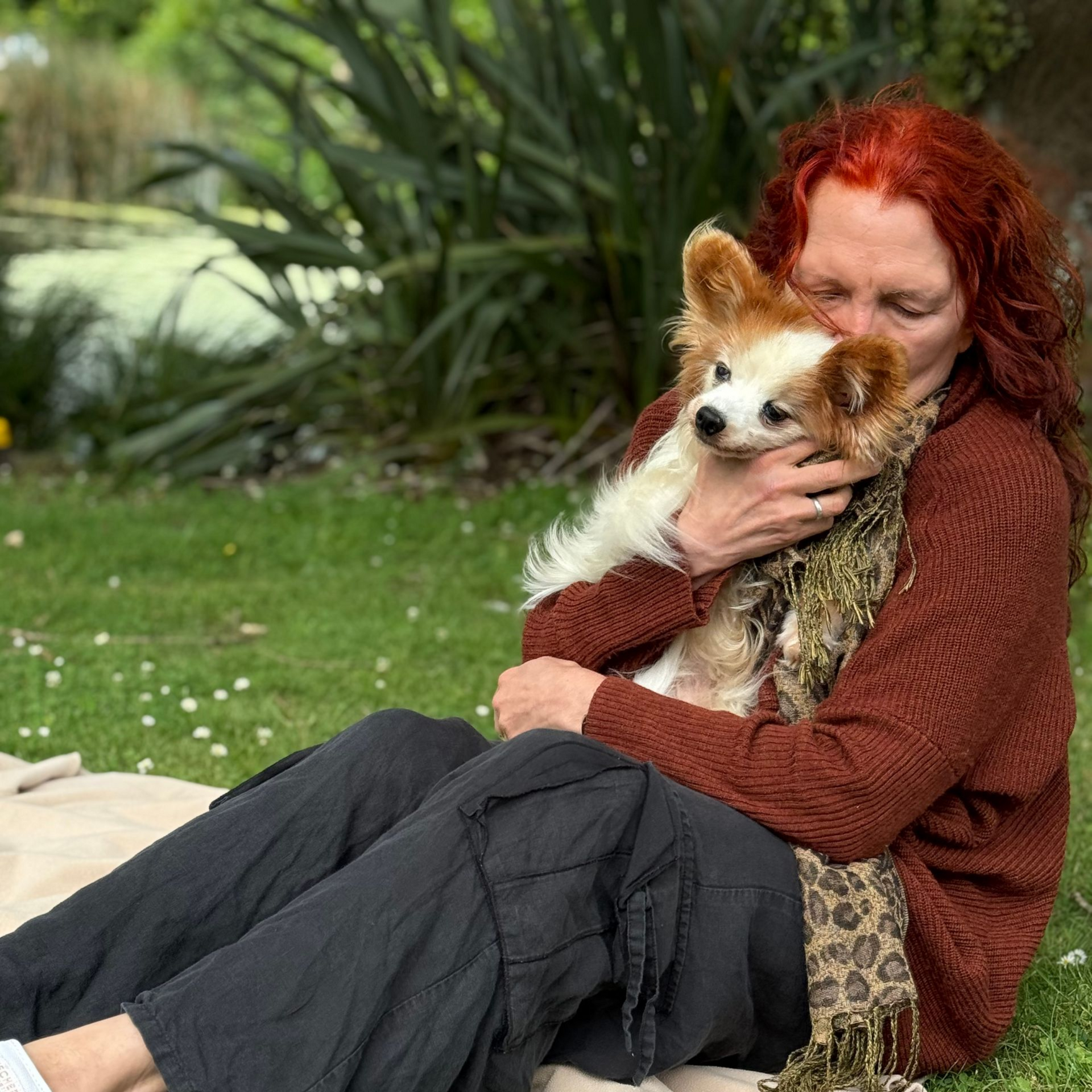‘Palmy’ Special Feature Series with Regional & Industry Leaders

If you’re the massively popular Mayor of a sizeable and growing, commercially successful region . . . do you get to make some very bold and forthright statements on the current state of another region, its local government leadership and their decisions?
The answer – if you also spent a large chunk of your early career living in that “other region”, and you’ve been canvassing it for several years and at multiple levels to collaborate with yours, is surely yes.
And it’s an even more emphatic yes when your own region is bucking the trend of a downward national economy, and the “other region” has the dubious honour of leading the downward economic charge.
That Mayor is Grant Smith of Palmerston North City Council, and the “other region” is, of course, Wellington.
As a former Wellington resident and author of this feature article, I approached Palmerston North’s Mayor Smith specifically for comment on how Palmerston can capitalise on the opportunities Wellington is leaving on the table, given the state of its local government-level management.
The Way We Were . . . and the Way It Is Now
What I didn’t know, was that he’d be commenting not only from the perspective of his own personal success story as Palmerston North’s Mayor of 10 years, but also as someone who – like me – spent a large part of their youth and the foundational years of their career enjoying a wonderfully vibrant, “Absolutely, Positively Wellington” City.
Having discovered that, I further discovered that – also like me – he’s disappointed to the point of devastated at the current state of our old mutual stomping ground. I’ll get to that shortly. His views are well worth waiting for. Suffice to say, he is vehement in his desire to see our beloved capital city get back on track.
First, though, I’d like to give interested readers a window into the exciting town (socially and professionally) that Wellington was back in the 90s and the early 2000s.
Mayor Smith and I have a lot more in common than just our memories of Wellington. During his years in the capital, he worked for global advertising giant Saatchi & Saatchi. During mine, I worked for New Zealand’s largest and most lauded public relations consultancy. Heady days indeed for career-conscious, outgoing thirty-somethings.
The young Grant Smith arrived from Palmerston North (his birthplace) in Wellington in the mid-80s. Before he left a decade later (to return to Palmerston), he had notched up some serious career achievements in graphic design at Saatchis, taken ownership of a property that represented the first house sale ever made by Tommy Heptinstall, the founder of Wellington’s iconic Tommy’s real estate firm, and enjoyed, probably also like me, occasionally way too much of the good times Wellington had to offer.
From the Bland to the Sublime
That time represented an era when Wellington was moving squarely out of its old “grey and pink cardigan” bland government city persona, and a CBD “where you could swing a cat on the weekends”, and into becoming a city fast carving out a future for itself as a tourism destination . . . and what would later receive the Lonely Planet tourist guide mantel of “the world’s coolest little capital”.
Over to Grant:
“There were some key figures really taking Wellington ahead at that pivotal time. Big names, including some in national politics.
“They were turning an historically ‘donut city’ (all suburbs and no central heart) into something special, with the likes of the major redevelopment of Courtenay Place . . . think the old bus station and early morning produce auction markets that it had been, and then the vibrant hospitality and entertainment hub it then became, anchored by the iconic Flannigans Irish pub at its entrance.
“You also had the Peter Jacksons and the Weta Studios putting the creative sector on the map, internationally. And the rise of business icons like TradeMe and tech start-ups like Xero, with many others starting to explode onto the world scene from their Wellington base.
“And let’s not forget to mention how the cake tin (the then-newly built stadium, for the uninitiated) was a symbol of pride and joy for Wellingtonians. In those days, Palmerston North used to have a train go down carrying a sea of yellow and black rugby jerseys and scarves for ‘Hurricanes’ days.
“Those were the glory days, and the city was a posterchild for vibrancy and confidence.”
What On Earth Has Happened to Wellington?
But roll forward several decades, and there’s been a distinct – and arguably, unhealthy – shift back towards the dominance, and the burgeoning, of the government sector.
“At the same time as you’ve got this unattractive and unproductive government bloat, you’ve got a tech sector that’s no longer attracted to the city in its current state and that, in large part, no longer has any reason to be domiciled there.
“Young tech talent has looked at its lifestyle choices . . . and, well, ask yourself: Would you rather sit tapping a keyboard on Level 10 of a cold and unattractive building in a city that’s fast losing its spice, its livability and its affordability, or would you like to do your work sitting in, for example, Queenstown?
“Those are the choices that are available to that sort of worker or entrepreneur now, and across quite a few of these newer industries.
“Why would you want to live in a city centre peppered with road cones, pay half your salary to live in a shoebox, and in a city that’s lost its mojo?
“Most wouldn’t. And increasingly, they’re not.”
‘Massive Upheaval with Massive Consequences’
Palmerston’s Mayor says he genuinely wants Wellington to get that mojo back – not only as our capital, but because he truly “loves the city”.
“But it feels very unloved at the moment.
“I think Wellington has gone down some wrong pathways . . . and I can see how that happens with political agendas and the influence of political parties around the council table,” he says. “That can happen in all cities, but the trick is getting the balance right.
“Let’s look at this whole pedestrianisation push.
“If, as a Council, you go down these pathways of change, you have to bring people with you. When you’re trying to change a whole transport and access system, that affects how people shop, how they socialise, how they get around (and can or can’t). You can’t just doggedly decide on your own agenda and personal and political preferences.
“Well, I guess you can . . . but you’ll get what Wellington’s currently got . . . kilometres of former streets and laneways.
“Some of this pedestrianisation might be a good idea, but even then, you have to stage it. You can’t just up-end people’s lives like is happening. And you certainly can’t just willfully cause logistical and economic chaos to retail and other businesses, not without serious consequences.”
The ’Broken Window Syndrome’
“And many of those consequences aren’t short-term, either.
“You’ve got empty shops, because customers can’t get to them.
“Then you’ve consistently got building and road cones and an ‘unfinished’ feel about the city . . . and people just stay away.
“It all leaves you with ‘the broken window syndrome’, where you’ve got an empty building with a broken window or graffiti, and that seems to attract a whole lot more of the same thing, before long.”
And on the Note of Transport, Bicycles and Getting Around . . .
“They’ve also created a feeling that everyone’s either coming into the city centre on a bike or on public transport – and that’s in a city in which the topographical and weather conditions just aren’t made for it, for the most part.
“In some instances, it’s more of a perception than reality, but perception often becomes reality.
“Again, you’ve got to be balanced about it,” he stresses. “They think combustion engine cars are going to be gone tomorrow, but they’re not; they’re certainly going to be around for another couple of decades.”
Wellington, he says, is a commuter city, with “tens of thousands of people coming in each day, and already there’s not enough car parks for that volume.
“They’re turning it upside down for a vision of some sort of glorified city transformation . . . and they’re taking a real risk.”
The Golden Mile Disaster
The whole Golden Mile is a disastrous idea, says Smith.
“Because it’s a high street. It’s not a mall.
“Lambton Quay works fine with cars; no-one speeds down there.
“And it’s a very long street. You can’t walk from Parliament to Willis Street.
“Also, Wellington isn’t a ‘Gold Coast’. It’s not exactly a tropical paradise. People are not going to be happy to be forced to walk everywhere.
“How do you drop off stock for shops?
“How do you get people into side streets, who come into town in cars?
“What about wheelchairs and people with mobility issues?
“And the bottom line is this, at the end of the day: They haven’t got the money to do it and they’re borrowing to the hilt just to do all this very unnecessary stuff.
“It’s a massive risk that they should not be taking and certainly not against the current backdrop and in the current economy.”
Infrastructure Should Be the Priority
“They’ve got to get on top of the infrastructure down there – both what’s been obvious for a long time, and what’s been hidden from view underground: pipes, water networks, data, utilities, power . . . the city council will always be central to all that.
“You’ve got to prioritise not only the construction of new infrastructure but also the maintenance of the existing,” he says. “If that means the odd mural and high-profile event has to fade into the budgetary background, so be it.”
And on the Note of Party Politics Around the Council Table
“Stop running the council like a competition of different sports teams sitting around the council table, fighting between each other. I suggest leaving your colours in the locker room, because on one project you might be at loggerheads, but if you don’t operate as a team regardless, you’ll have lost unity on the next project.
“You need to build rapport – build some unity – you might not agree on everything or even on anything – but strive for some mutual understanding around the table.
“At least endeavour to find and focus on common objectives wherever reasonably possible, even if there’s violent disagreement on the route to achieving any specific objective.”

This is Part One of a three-Part feature series, interviewing Palmerston North’s Mayor Grant Smith. In Part Two, Mayor Smith discusses his “big picture” vision for a “lower North” initiative, involving multi-faceted collaboration between the regions of the lower half of the North Island.
You might also like to read . . .
The Heinous Secret Practices of An Unaccountable Government Agency & Its Off-the-Chain Staffers . . .









